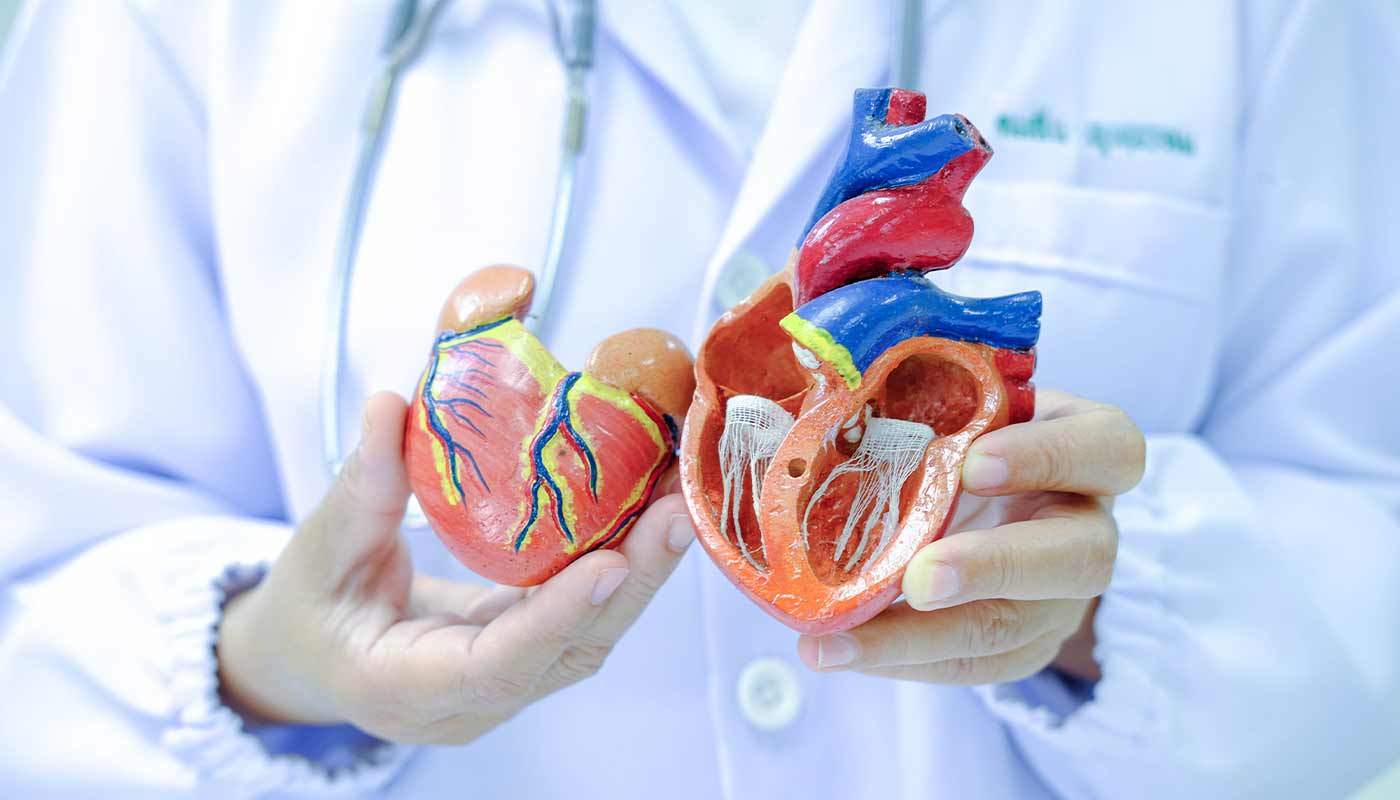Heart Valve Disease refers to any disorder affecting one or more of the heart’s valves, hindering the proper flow of blood in the right direction. Below, we outline key details about these disorders.
Types of Heart Valve Disease
There are various types of heart valve disease, and more than one valve can be affected simultaneously. Here are some examples:
1. Valve Stenosis
In valve stenosis, the tissues forming the valve flaps or doors become stiffer, narrowing the valve opening and reducing the blood flow. Mild stenosis may not impact heart function. However, severe narrowing can strain the heart as it works harder to pump blood, potentially leading to inadequate blood flow to the rest of the body.
2. Valve Regurgitation
Also known as valve insufficiency or a leaky valve, this occurs when the valve flaps do not close completely, allowing blood to flow backward through the valve. The heart compensates by working harder to pump blood forward, which may reduce the amount of blood reaching the body. This reverse flow can occur with conditions like mitral valve prolapse.
3. Valve Atresia
Valve atresia occurs when a heart valve fails to form properly before birth. This condition is typically diagnosed early in infancy.
Causes of Heart Valve Disease
Common causes include:
- Rheumatic fever due to untreated streptococcal throat infection.
- Heart attack causing damage to the heart.
- High blood pressure.
- Congenital heart defects, such as improper development of the aortic or pulmonary valve.
- Valve degeneration or calcification, leading to loss of function over time.
- Thoracic aortic aneurysm.
- Heart failure.
- Endocarditis (heart valve infection).
Heart Valve Disease Symptoms
Patients may not exhibit clear symptoms initially. However, as the condition worsens, the heart exerts greater effort to maintain blood flow, potentially leading to:
- Severe shortness of breath, especially during exertion or lying down.
- Heart palpitations.
- Swelling of the ankles, feet, or abdomen.
- Fatigue or dizziness.
- Weakness.
- Rapid weight gain.
- Chest pain.
Infections affecting the valves may cause fever, chills, and body aches.
Diagnosis of Heart Valve Disease
A physical exam may reveal signs such as fluid buildup in the lungs, heart enlargement, or a heart murmur heard with a stethoscope. Additional diagnostic tests may include:
- Echocardiogram (Heart Ultrasound).
- Transesophageal Echocardiogram.
- Stress Echocardiography.
- Chest X-ray.
- Cardiac MRI.
- Electrocardiogram (ECG).
- Cardiac Catheterization.
Heart Valve Disease Treatment
Treatment depends on the type, severity, and associated symptoms. Options include:
1. Medications
Some patients may need medications to manage symptoms, such as:
- Blood thinners to prevent clots.
- Diuretics to reduce fluid retention.
- Heart rhythm medications to regulate heartbeat.
2. Valve Repair
Examples of valve repair options include:
- Annuloplasty: Tightening or reinforcing the ring around the valve.
- Valve Commissurotomy: A procedure to repair valve flaps, often used for mitral valve repair. It involves inserting a flexible tube with a balloon through a vein to the damaged valve. The balloon is inflated to widen the valve opening, then deflated and removed. Sometimes, clips or plugs are inserted via the tube to repair the valve.
3. Valve Replacement
If repair isn’t sufficient, valve replacement may be necessary, especially for the mitral and aortic valves. The damaged valve is replaced with a mechanical or biological valve.
Conclusion
Heart valve disease affects one or more heart valves and requires regular medical monitoring to prevent serious complications like heart failure, stroke, blood clots, or death. Consult your doctor for appropriate management and follow-up care.
https://my.clevelandclinic.org/health/diseases/17639-what-you-need-to-know-heart-valve-disease
https://www.mayoclinic.org/diseases-conditions/heart-valve-disease/symptoms-causes/syc-20353727
https://www.cdc.gov/heart-disease/about/heart-valve-disease.html

